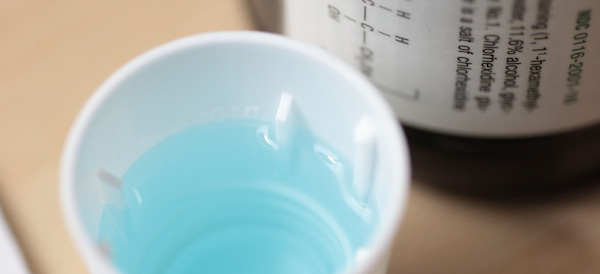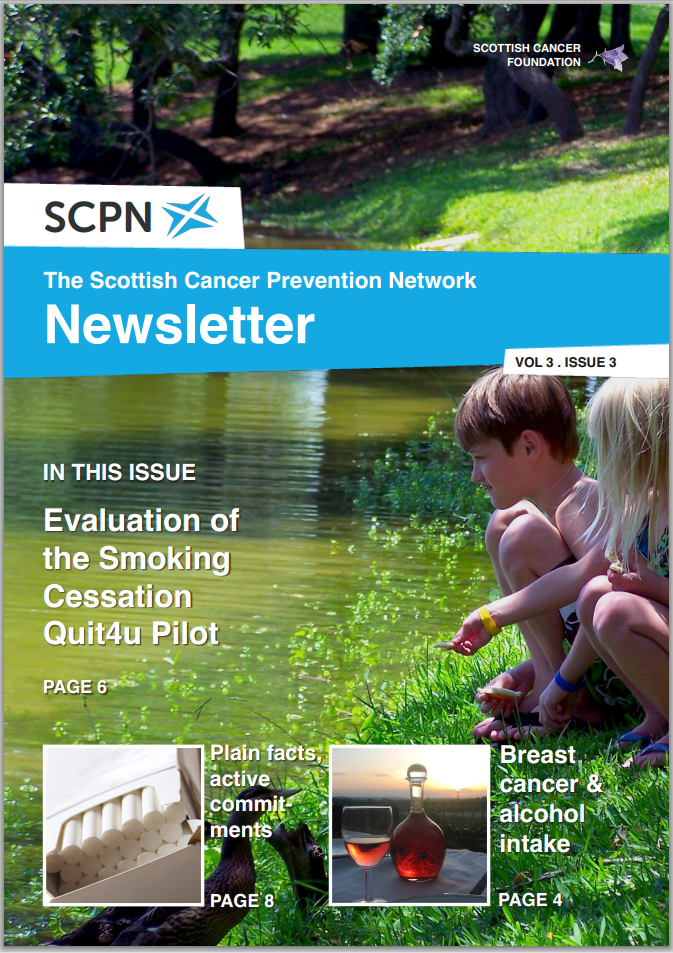
Ask the Expert: Alcohol Free Mouthwash

27 Jul 12 |
Query: Should we all move to using alcohol free mouth wash to cut our risk of oral cancer or is this only relevant for people who smoke?
The potential association between use of mouthwashes and an increased risk of oral cancer has been a source of controversy for several decades. In recent times, attention has focused on a role for those mouthwashes containing alcohol. It is now thought that acetaldehyde (the first metabolite of ethanol) is the most significant agent for cancerous change in the mouth.
A recent study at Kings College London has shown that the use of ethanol containing mouthwashes is associated with a rise in acetaldehyde levels within the mouth (1). However this rise is transient and should be considered in the knowledge that many of the fruits and vegetables that we eat every day contain levels of acetaldehyde that may be even higher than that after using alcohol containing mouthwashes!
Furthermore, a recent meta-analysis by Boyle and colleagues (in press) of all published epidemiological studies of mouthwash use and oral malignancy revealed no statistically significant association between mouthwash use and risk of oral cancer. They also found no significant trend in risk with increasing daily use; and no association between use of mouthwash containing alcohol and oral cancer risk.
I hope this reassures your readers that based on current evidence there is no need to switch to an alcohol free mouthwash, particularly if you don’t smoke.
Answer kindly provided by Graham Ogden (Professor of Oral Surgery, University of Dundee)
- Moazzez, R., Thompson, H., Palmer, R.M., Wilson, R.F., Proctor, G.B. and Wade WG. Effect of rinsing with ethanol-containing mouthrinses on the production of salivary acetaldehyde. European Journal of Oral Sciences 2011 Dec;119(6):441-6.
This article, written by Professor Graham Ogden, was originally published in the SCPN Newsletter, Volume 3, Issue 3.
Read the full issue here:

The SCPN Newsletter: Volume 3, Issue 3
In this issue, we evaluate the Quit4U smoking cessation pilot, cover plain cigarette packaging in 'Plain facts, active commitments,' explore the links between alcohol intake & breast cancer, and more.